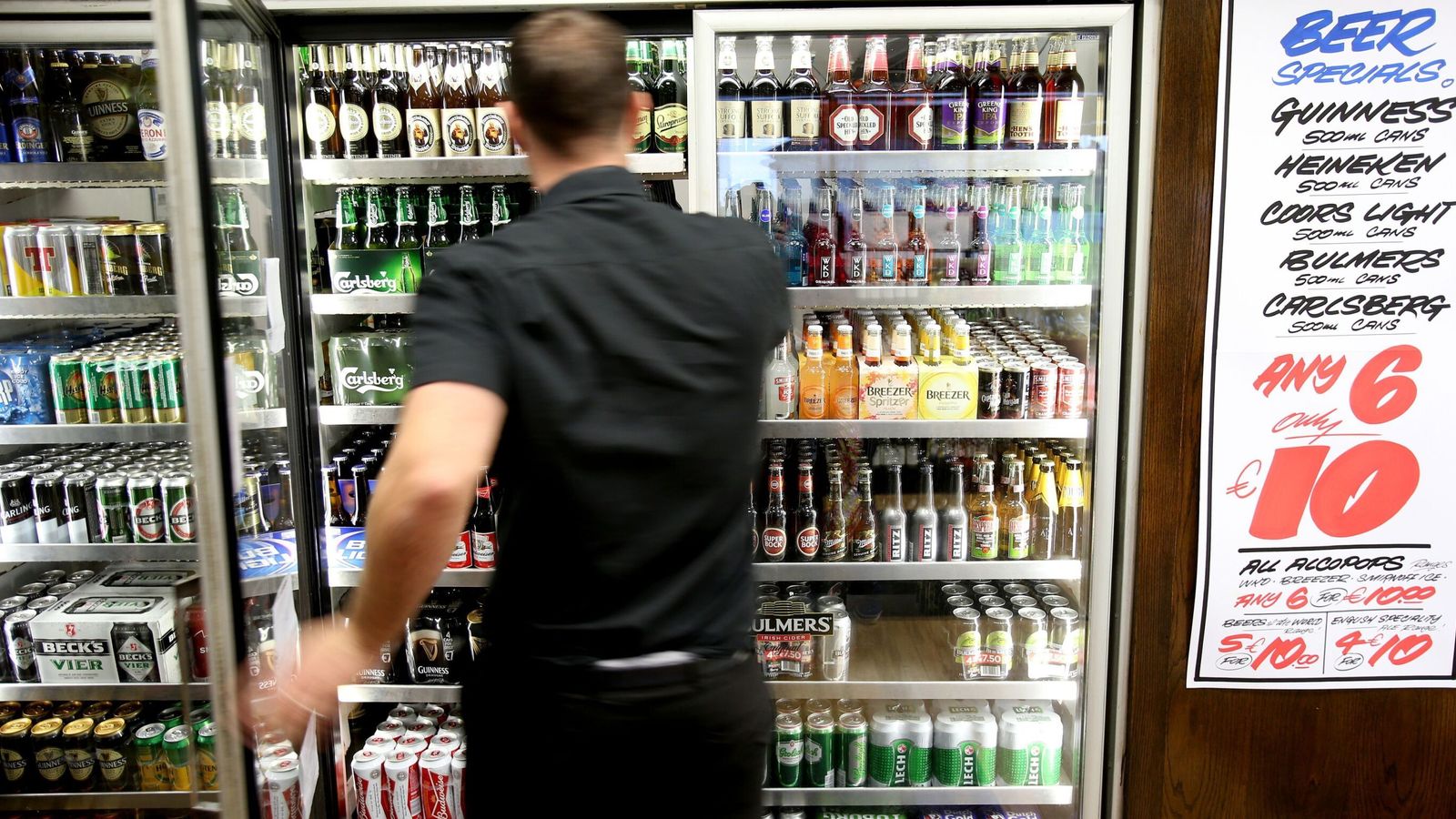Some beer makers have been accused of reducing the alcohol content of their drinks to pay less tax, keeping prices the same and pocketing the difference.
Drinks will be taxed by alcoholic strength from 1 August when a new alcohol duty regime comes into effect.
In anticipation, popular brewers have reduced alcohol content and kept prices the same.
Under the new tax system, producers will save between 2p and 3p per bottle or can.
Brands which have allegedly already reduced alcohol content include Spitfire, Old Speckled Hen, Foster’s and Bishops Finger.
A similar move has not been ruled out by big brewers Heineken, Amstel, John Smith’s and Newcastle Brown Ale.
Work from the alcohol research group at the University of Sheffield said that if breweries reduced alcohol percentages by just 0.35 they could save an estimated £250m on tax.
‘Bad Spaniels’ dog toy cannot mimic Jack Daniel’s, Supreme Court rules
Ireland to become first country in the world to put health warnings on alcohol
Jack Daniel’s and dog toy company go head to head in US Supreme Court
In a phenomenon being described as “drinkflation”, the alcohol by volume (ABV) for Foster’s dropped earlier this year, from 4% to 3.7%.
Please use Chrome browser for a more accessible video player
Similarly, Old Speckled Hen’s ABV fell from 5% to 4.8%, Spitfire Amber Ale dropped from 4.5% to 4.2% and Bishops Finger was lowered from 5.4% to 5.2%.
Old Speckled Hen producer and pub chain Greene King said it “continues to look at ways we can absorb those increasing costs to ensure we continue to offer our customers the same great value and taste”.
The producer of Spitfire and Bishops Finger, Shepherd Neame, said: “Consumers are increasingly choosing drinks with a lower alcohol content as part of a healthy lifestyle – we hope this will encourage more people to try our award-winning flagship beers.”
Read more business:
Vodafone chief executive says it is ‘very early’ to talk about job losses under Three merger
Pinewood-owner Aermont joins list of Center Parcs suitors
Be the first to get Breaking News
Install the Sky News app for free
Scepticism of health motivations was expressed by a research fellow of the Sheffield alcohol research group.
“Sometimes brewers make the case that they have made these reductions in strength levels on health grounds. Given their historically strong opposition to public health policies, though, the motive is much more likely to be financial,” Colin Angus said.






















